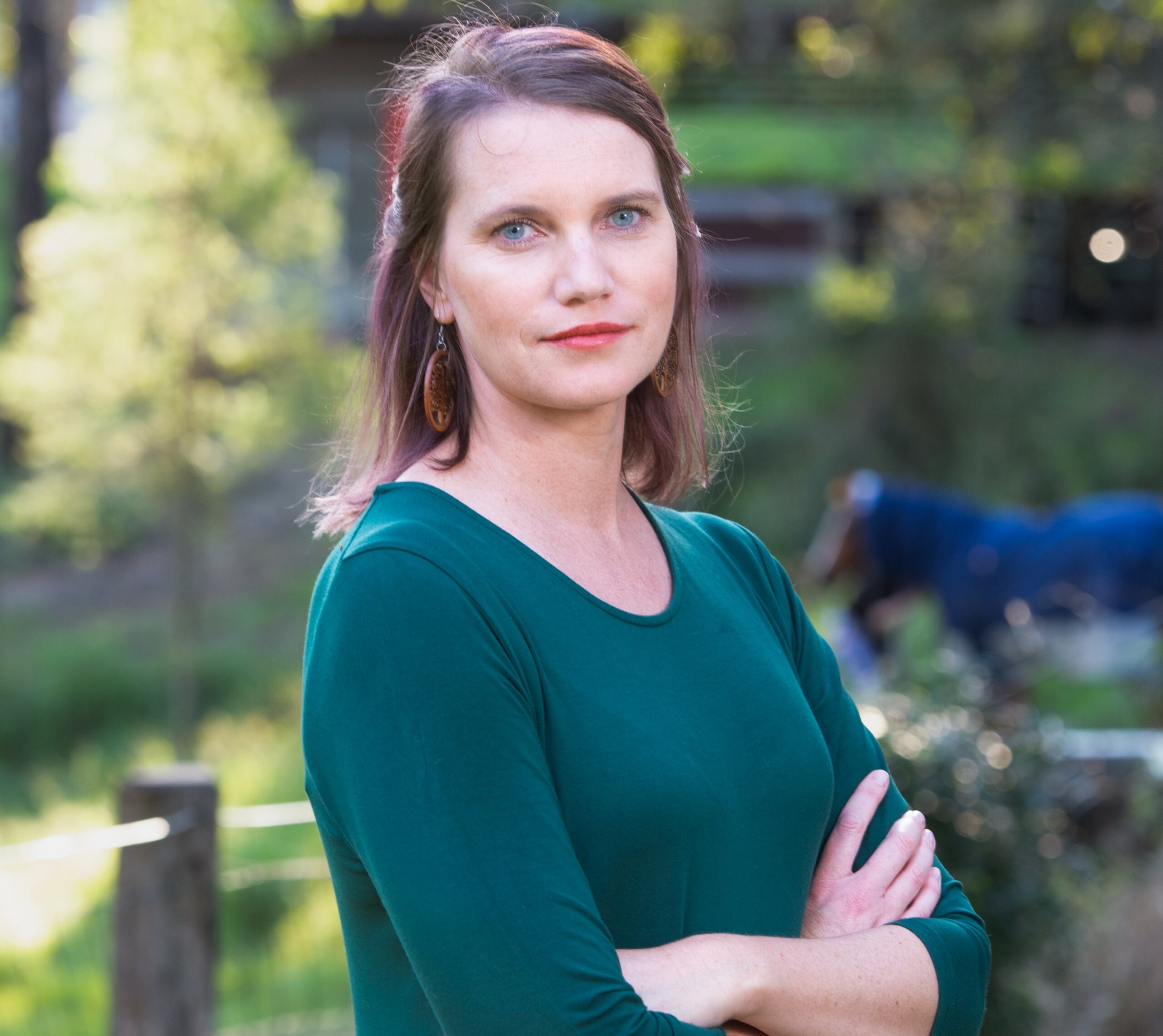
There is a growing call for ‘evidence-based policy’ by those who operate at the science-policy interface. In conservation, this call is not only made by the public and policymakers but also by scientists who often consider they have a responsibility to engage with the policy need for environmental solutions. However, how policymakers engage with evidence and how scientists articulate ‘policy impact’ creates a dissonance – the effective exchange of information between the two groups is infrequent. Policymakers rarely obtain ‘evidence’ directly from journal articles. In response, several journals in conservation science have requested, or even required, policy impact statements as an attempt to highlight relevance to policymakers and make primary ‘evidence’ more readily identified.
In this presentation, I will show that policy statements rarely provide enough clear information to policymakers and that journal ‘policy impact’ requirements are often simply ‘window dressing’. I provide an overview of the policymaking process and explain why that knowledge is relevant to those communicating wildlife and conservation research. I make recommendations for authors, as to how policy communication can be improved, so that policymakers can more easily identify relevant evidence for consideration in policymaking.
Expert Talk with Dr. Katie Woolaston
Thursday, May 16th, 9:00 – 10:15 CEST
Click here to join the event
About the speaker
Dr Katie Woolaston is an interdisciplinary researcher, lawyer and Senior Lecturer in the School of Law at QUT. She holds a Masters in Law (specialising in Human Rights & Social Justice) from the University of New South Wales, and a PhD in Environmental Law from Griffith University.
Dr Woolaston’s research is focused on international and domestic wildlife law and the regulation of the human-wildlife relationship. She is particularly interested in using the social sciences to resolve long-held and deeply-rooted attitudes and values that are contrary to conservation and embedding such processes in law and policy. Dr Woolaston’s current research is focused on human-wildlife conflicts, and the integration of One Health approaches in wildlife and environmental policy in the wake of COVID-19. She was an expert on the Intergovernmental Science-Policy Platform on Biodiversity and Ecosystem Services (IPBES) panel concerning Biodiversity and Pandemics, and is on the Technical Advisory Group of the United Nations Environment Program’s ‘Nature4Health’ Initiative. Her first book, titled ‘Ecological Vulnerability: The Law and Governance of Human-Wildlife Relationships’ was published by Cambridge University Press in 2022.
About the Alliance
The International Alliance against Health Risks in Wildlife Trade serves as an inclusive and interdisciplinary platform to discuss challenges and formulate solutions vis-á-vis human-wildlife interfaces and associated health risks and the emergence and spread of zoonotic pathogens from wildlife. The Alliance is aiming to enhance international and national awareness, knowledge, policies and action, not least by narrowing the gap between science and implementation.
We are delighted to host this event and are enthusiastic to have a broad exchange within the Alliance community. Please feel free to forward and share this invitation with interested colleagues.